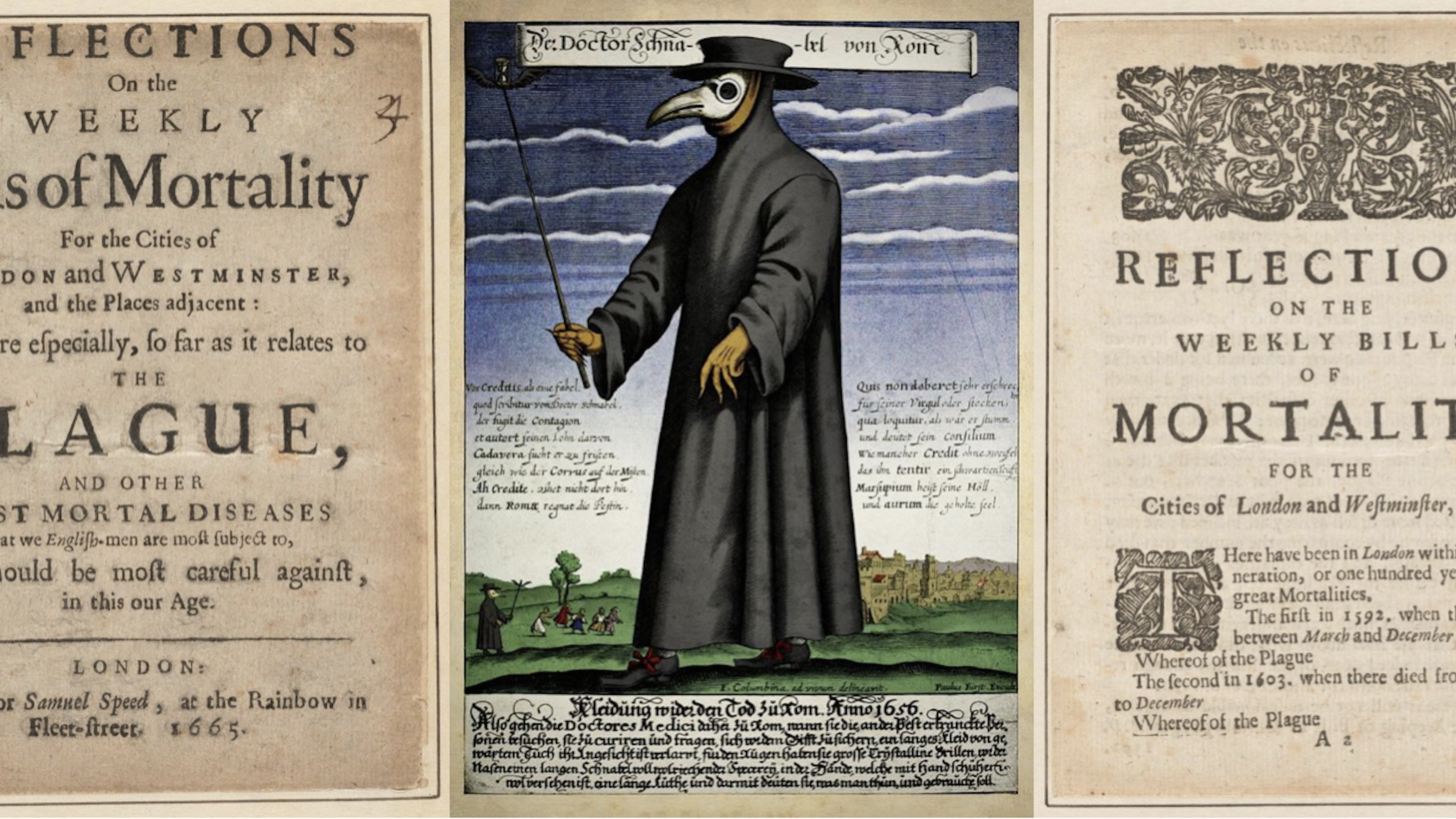Peter Ward’s “Medea Hypothesis” suggests that all multicellular life is doomed to kill itself off in the long run. Intelligence, he says, may be the only loophole.
Question: Why do you believe multicellular life is suicidal in the long term?
rnPeter Ward: Well, I think all life is suicidal. I thought up tongue-in-cheek, sort of, the Medea Hypothesis, Medea, Jason’s wife, was probably the worst mother in Greek History. She murdered her children because of Jason’s infidelities. Jason was probably not very good at anything, apparently, except making women fall in love with him. He was good at that. He got the fleece back, he wasn’t much of a captain, he wasn’t a fighter, whatever. The Gaia Hypothesis suggests that Mother Gaia, who is the Greek Mother, will sustain life, keeps life going, the kernel of that hypothesis is that life makes the world better for itself. That the regulation of a number of systems, life is increasing habitability. It’s kind of like, I’m at a hotel right now and in my hotel, before I leave I paint the walls and I put in a better stereo system, or something. I’m making the place better for having been there. Well, that’s really what the Gaia Hypothesis suggests. Whereas, if you really look at the history of life on this planet, you see a lot of biologically produced catastrophes. And that’s really what Medea is suggesting, that life is the global warming that starts the process, but the killing comes from the hydrogen sulfide, and where’s that come from. That comes from microbes, from life itself. So, life is the bullet if the gun itself is the volcano.
rnQuestion: Does the emergence of intelligent life dampen or fuel this suicidal tendency?
rnPeter Ward: Intelligence is the only way out. I would suspect that all life is inherently Medean and the reason being, if we think of the definition of life, it metabolizes, it reproduces, and it evolves through Darwinian selection. Now, that’s the NASA definition.
rnDarwinian selection means that you produce more offspring than can possibly live, so competition is built into life. You compete not only with other species, but with yourself. The competition in this entire system leads to one species trying to take over the whole planet. It’s built in to every species wishes it could be dominant. It’s built into the system. It’s part of the basic fabric of life.
rnThe only out on this, because the ultimate end result of one species taking over, is eventual life – the death of all life on the planet itself. The only out is intelligence. Only an intelligent creature can realize how this system works and begin the engineering that can keep planetary life-giving systems, like carbon cycles, nitrogen cycles, all of those going. When unless intelligence is there, it’s going to completely break down, and that’s the end of life on this planet.
Recorded on January 11, 2010
Interviewedrn by Austin Allen





